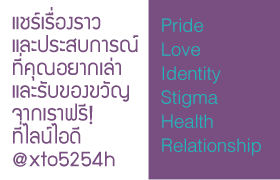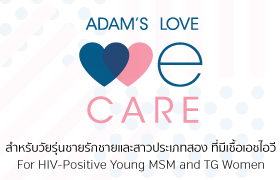|
|
PrEP - Frequently Asked QuestionsIs PrEP safe? Research trials also provided safety information on PrEP. Some people in the trials had early side effects such as an upset stomach or loss of appetite but these were mild and usually went away within the first month. Some people also had a mild headache. No serious side effects were observed. You should tell your doctor if these or other symptoms become severe or do not go away. How can I start PrEP? If you think you may be at high risk for HIV, talk to your doctor or health counselor about PrEP. If you and your doctor agree that PrEP might reduce your risk of getting HIV infection, you will need to come in for a general health physical, blood tests for HIV, and tests for other infections that you can get from sex partners. Your blood will also be tested to see if your kidneys and liver are functioning well. If these tests show that PrEP medicines are likely to be safe for you to take and that you might benefit from PrEP, your doctor may give you a prescription after discussing it with you. Taking PrEP medicines will require you to follow-up regularly at the clinic. You will receive counseling on sexual behaviors and blood tests for HIV infection and to see if your body is reacting well to the PrEP medications. You should take your medicine every day as prescribed, and your doctor will advise you about ways to help you take it regularly so that it stands the best chance to help you avoid HIV infection. Tell your doctor if you are having trouble remembering to take your medicine or if you want to stop PrEP. If I take PrEP can I stop using condoms when I have sex? You should not stop using condoms because you are taking PrEP. If PrEP is taken daily, it offers a lot of protection against HIV infection, but not 100%. Condoms also offer a lot of protection against HIV infection if they are used correctly every time you have sex, but not 100%. PrEP medications don’t give you any protection from other infections you can get during sex, but condoms do. So you will get the most protection from HIV and other sexual infections if you consistently take PrEP medication and consistently use condoms during sex. How long do I need to take PrEP? You should discuss this with your doctor and counselor. There are several reasons that people stop taking PrEP. If your risk of getting HIV infections becomes low because of changes that occur in your life, you may want to stop taking PrEP. If you find you don’t want to take a pill every day or often forget to take your pills, other ways of protecting yourself from HIV infection may work better for you. If you have side effects from the medication that are interfering with your life or if blood tests show that your body is reacting to PrEP in unsafe ways, your doctor may stop prescribing PrEP for you. Please contact us at Facebook. |


















